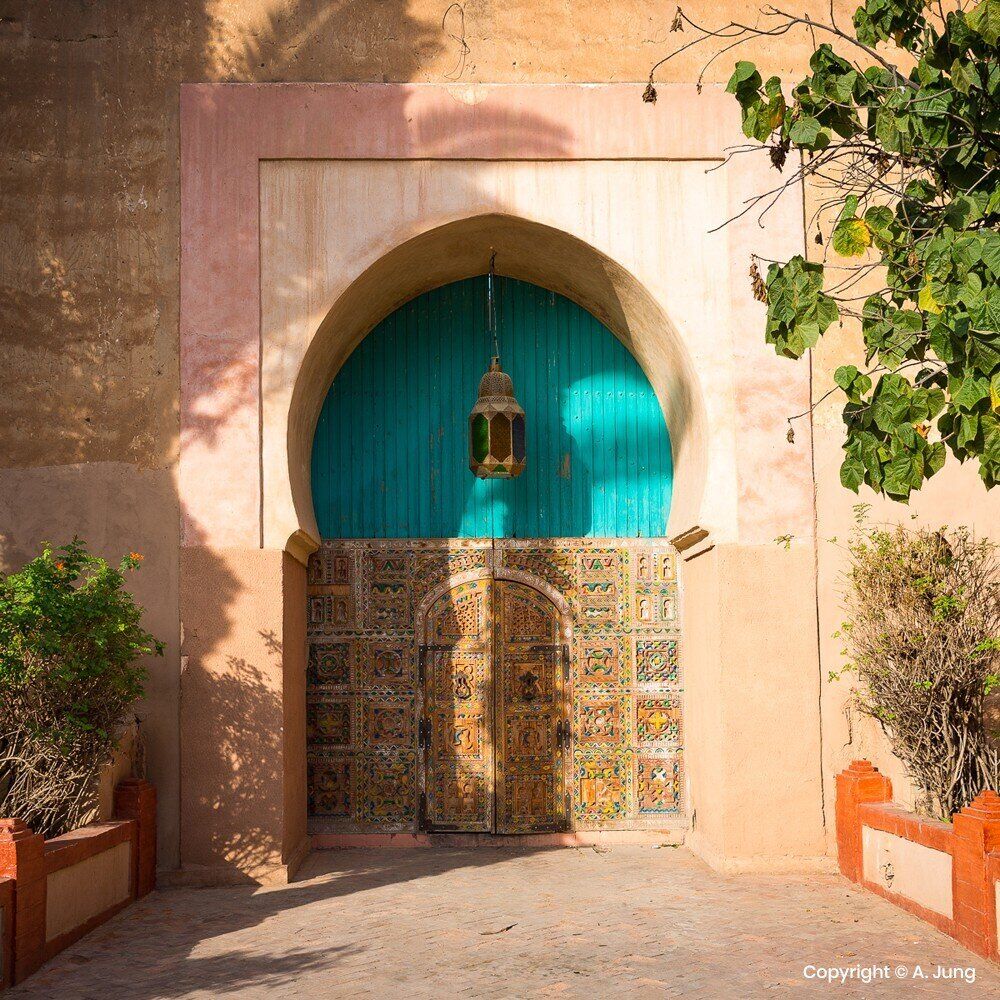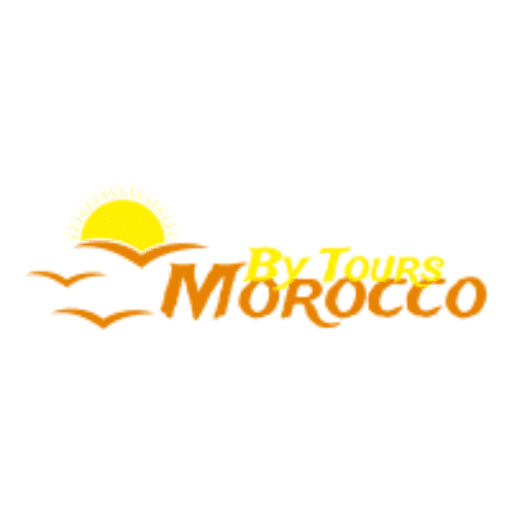
morocco travel
Morocco travel the country is a popular travel destination known for its rich history, diverse culture, and stunning landscapes. Here are some general travel tips and information that may be useful:
Visa Requirements:
Travelers to Morocco must be aware of the visa requirements based on their nationality. While citizens from many countries can enter Morocco without a visa for short stays, it’s crucial to check the specific regulations to ensure a smooth entry. The official government websites or local consulates are reliable sources for up-to-date information regarding visa requirements.
Best Time to Visit:
Morocco’s climate varies across different regions, influencing the best times to visit. The spring months, from March to May, and the fall months, from September to November, are generally considered the most pleasant. During these periods, temperatures are moderate, making it ideal for exploring both the coastal areas and the inland attractions. Summers can be hot, particularly in the interior, while winters may bring cooler temperatures, especially in the mountainous regions.
Popular Destinations:
- Marrakech: Known as the “Red City,” Marrakech is a cultural hub with its historic medina, bustling souks, and iconic landmarks such as the Koutoubia Mosque.
- Fes: Renowned for its well-preserved medieval architecture, Fes boasts the world’s oldest university and a captivating medina that transports visitors to a bygone era.
- Casablanca: Morocco’s economic and business center, Casablanca, is a modern city with a blend of French colonial and traditional Moroccan architecture. The Hassan II Mosque, one of the largest mosques globally, is a must-visit.
- Chefchaouen: Nestled in the Rif Mountains, Chefchaouen is famous for its blue-painted streets and buildings, creating a picturesque and tranquil atmosphere.
- Essaouira: A coastal gem with a relaxed vibe, Essaouira is known for its historic medina, fortifications, and windy beaches, attracting both history enthusiasts and water sports lovers.
Cultural Etiquette:
Embracing Moroccan cultural etiquette enhances the travel experience. Respect for local customs and traditions is essential. In more conservative areas, it is advisable to dress modestly, especially when visiting religious sites. Greetings are significant in Moroccan culture, and a simple “Salaam Alaikum” (Peace be upon you) goes a long way. When entering homes or religious sites, it’s customary to remove your shoes, a sign of respect.
Food and Cuisine:
Moroccan cuisine is a delightful blend of flavors, influenced by Berber, Arab, and French culinary traditions. Tagine, a slow-cooked stew, is a culinary highlight, often featuring a combination of meats, vegetables, and aromatic spices. Couscous is a staple, and pastilla, a savory pastry filled with meat and nuts, is a unique treat. Don’t forget to indulge in Moroccan sweets and enjoy the hospitality of locals who often welcome visitors with a cup of mint tea.
Souks and Shopping:
Morocco’s markets, known as souks, are vibrant centers where travelers can immerse themselves in the country’s rich artisanal heritage. From intricately woven carpets to leather goods, ceramics, and spices, the souks offer a kaleidoscope of colors and textures. Bargaining, a customary practice, adds a sense of excitement to the shopping experience. Engaging with local vendors and artisans provides insights into the country’s craftsmanship and traditions.
Transportation:
Navigating Morocco is made convenient with various transportation options. The train network connects major cities, offering a comfortable and efficient mode of travel. Buses are another viable option, providing access to both urban centers and remote areas. Taxis are readily available, and while public transportation is well-established, renting a car allows for greater flexibility, especially when exploring less frequented destinations.
Language:
Arabic and Berber are the official languages of Morocco. French, a remnant of colonial history, particularly in urban areas and among the educated population. English is becoming more prevalent in tourist-centric areas, but having a basic understanding of French or Arabic can be immensely helpful for communication.
Safety:
Morocco is generally considered safe for tourists. However, like any travel destination, it’s advisable to exercise common sense and take basic precautions. Stay aware of your surroundings, secure your belongings, and be cautious in crowded areas. Respect local customs and traditions to ensure a harmonious travel experience.
Health Precautions:
morocco travel, Before embarking on a journey to Morocco, it’s essential to check if any vaccinations or health precautions are recommended. Drinking bottled or purified water is advisable to avoid waterborne illnesses. Additionally, practicing good hygiene and being mindful of food safety contribute to a healthy and enjoyable trip.
In conclusion, Morocco’s allure lies in its diverse landscapes, rich history, and vibrant culture. By embracing cultural etiquette, savoring the unique cuisine, and exploring the country’s myriad attractions, travelers can create lasting memories in this enchanting North African destination. Whether wandering through the bustling souks, marveling at historic architecture, or simply sipping mint tea against the backdrop of the Atlas Mountains, Morocco offers a tapestry of experiences waiting to be discovered. morocco travel is a great idea for 2024
